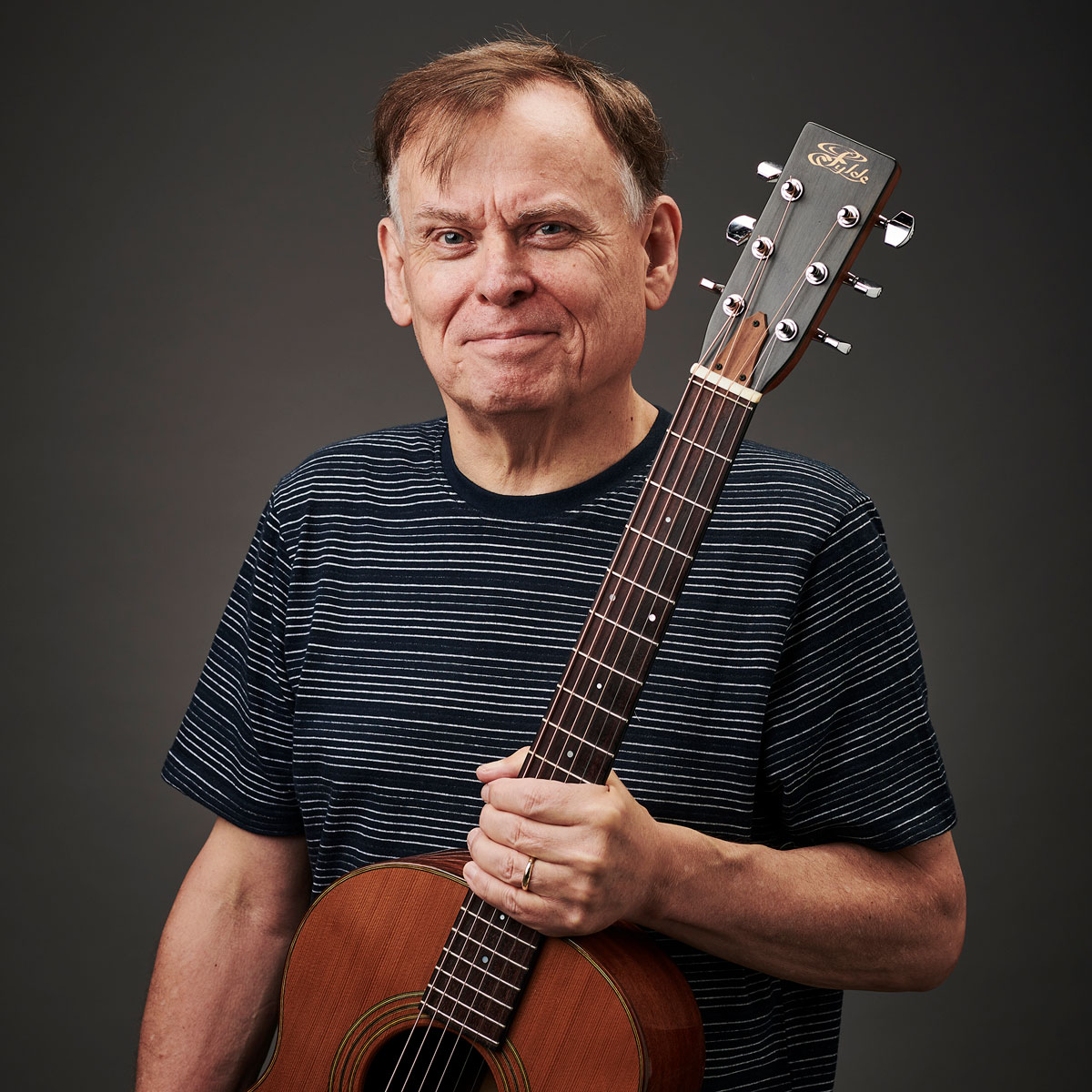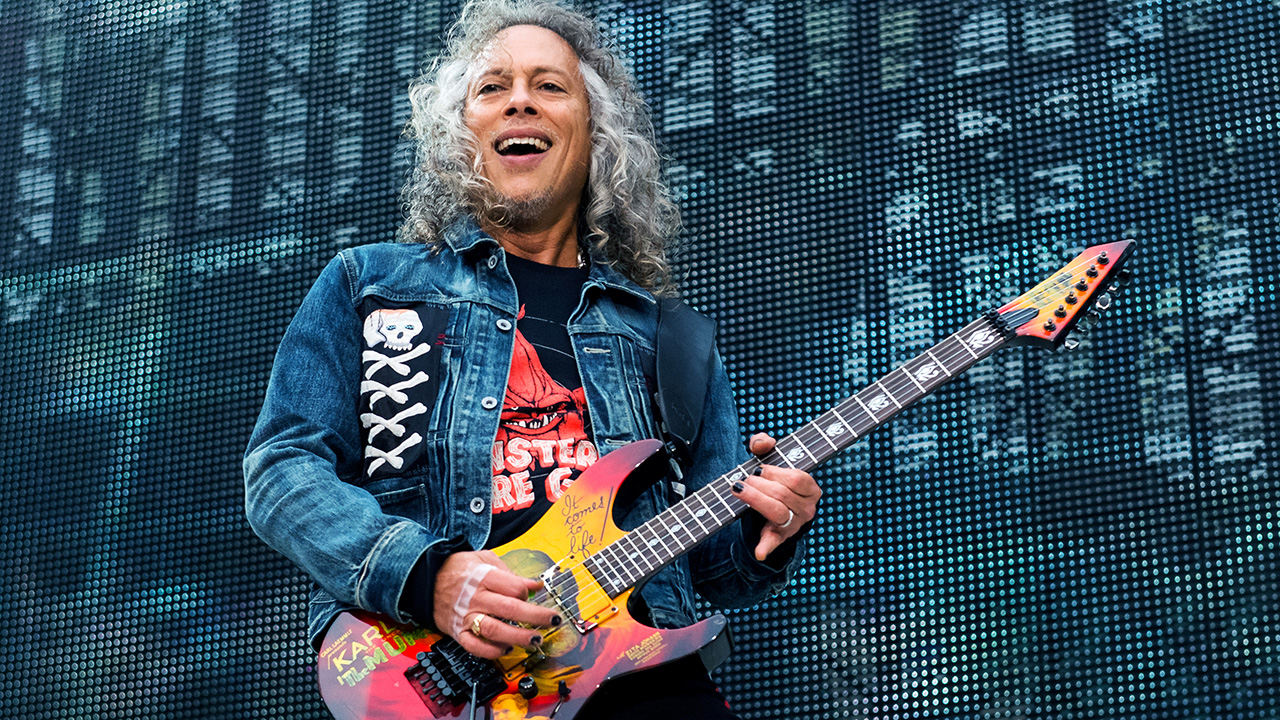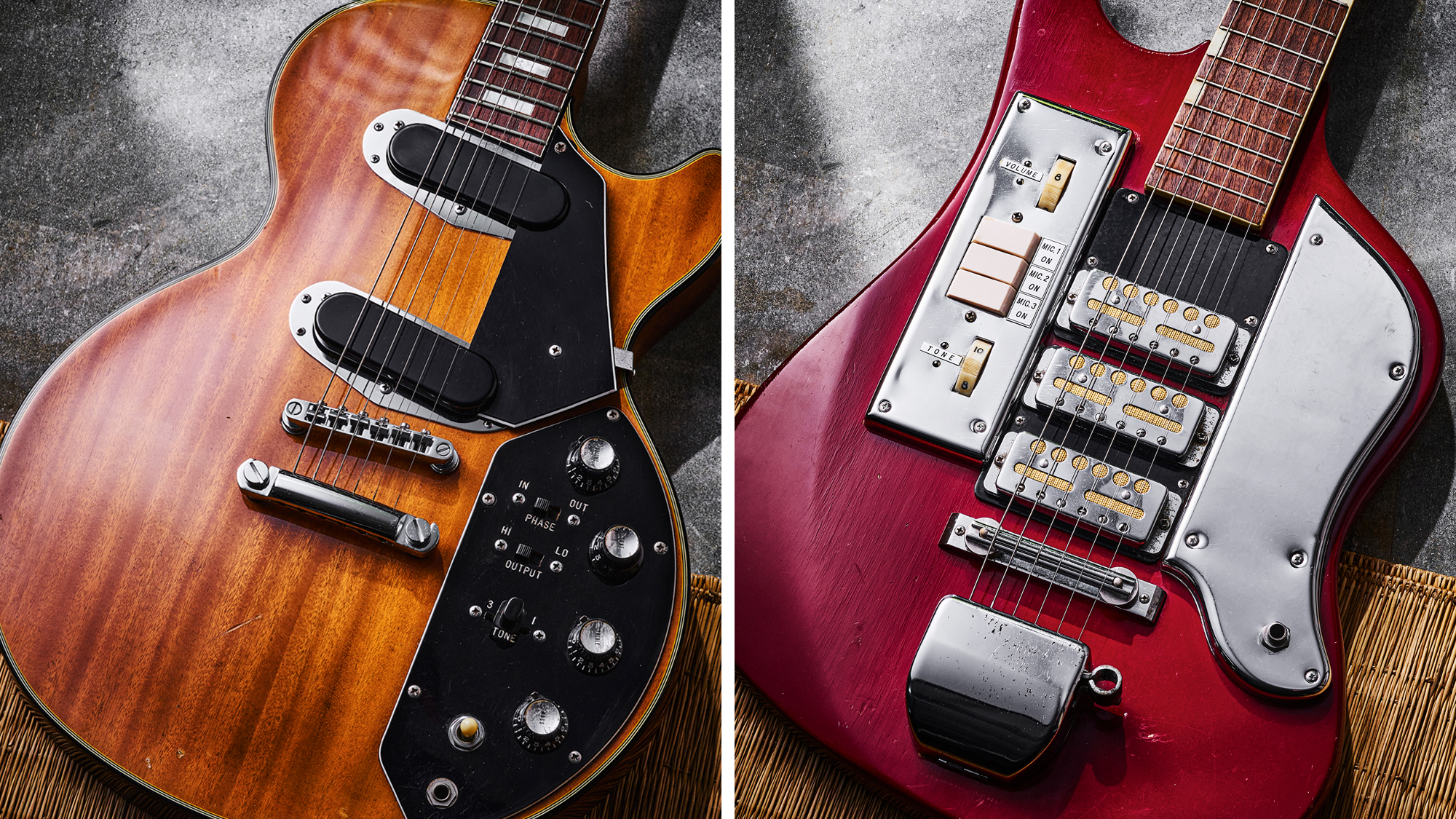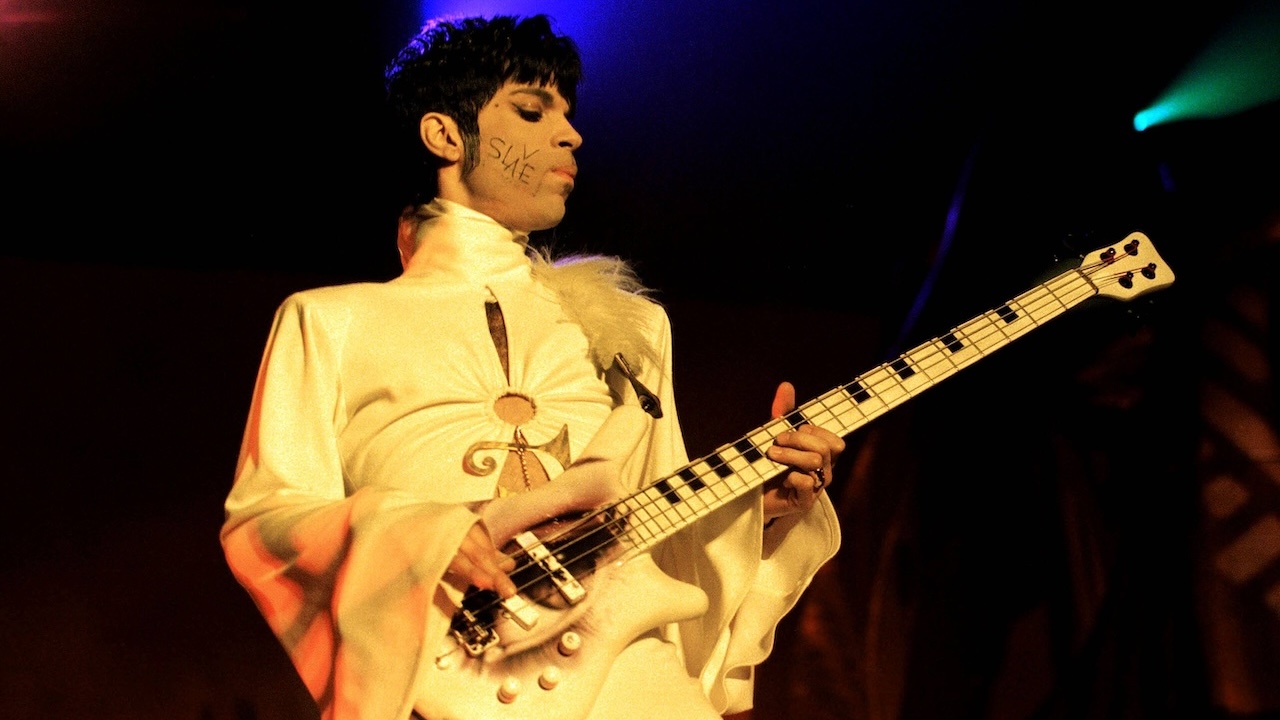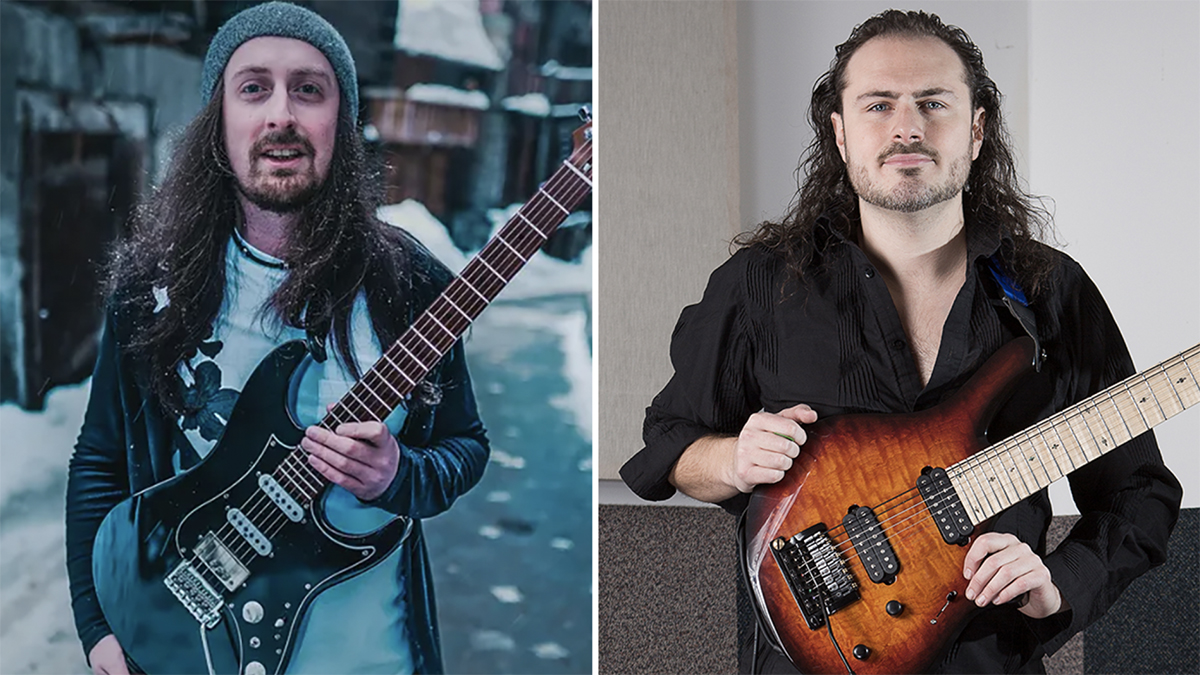Steve Howe on his greatest guitar gear hits and misses
The Yes guitar legend reaffirms his love for his Gibson ES-175D, but reveals how he was nearly swayed by a costly 335…
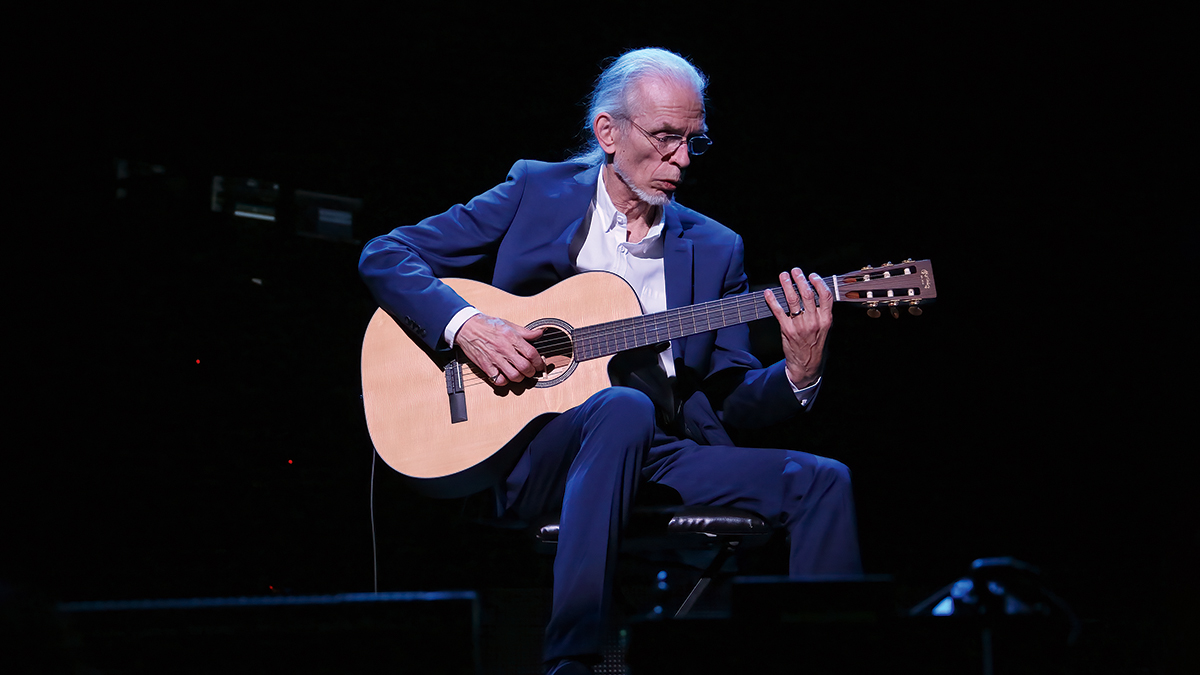
In this edition of Bought & Sold, the prog icon Steve Howe revisits the most important gear purchases in his life.
He explains why he likes to keep a diverse collection of acoustic and electric guitars, steering clear of owning many of the same model. Well, he did allow himself to double up on some ES-175Ds. And a few Martin acoustic guitars but then, you have to make some exceptions for your favourites…
What was the first serious guitar that you bought with your own money?
“It would be the 1964 Gibson ES-175D. I yearned for that guitar. I wanted to start playing when I was 10 and I started when I was 12, and after a few years of playing Guyatone, Burns and things, just regular guitars, I had the courage to say to my mum and dad, ‘I want a really good guitar; I want one of these 175D things…’ So they said, ‘Okay, we’ll help you,’ but I paid for it.
“My dad paid the deposit – I think it was £40 – and I paid all the instalments on the hire purchase from my hard-earned gig-money of the day. That guitar is not only my first and best investment, it’s been my greatest guitar and I love it to pieces. I still have it, I still play it and it’s featured on The Quest quite considerably. Basically, it’s a really good guitar and it always has been. Nothing else has ever been able to truly compete.”
What was the last guitar you bought?
“Most of the guitars I’ve bought were in the '70s, particularly from George Gruhn and Paul’s Guitars in Minneapolis… I did my buying in that era, really. The most recent guitar is really hard to find. I waited 10 years asking people, ‘Can you look out for one of these?’
Get The Pick Newsletter
All the latest guitar news, interviews, lessons, reviews, deals and more, direct to your inbox!
“It’s a Fender six-string, two-pickup Stringmaster [steel guitar] – but a single-neck Stringmaster. It’s like the doubleneck I’ve been using on stage for years with Yes and other groups, but that guitar is not in my possession; it’s always being shipped or on tour or something.
“I always dreamed of having a single-neck and why I mentioned the two pickups is that I’ve always liked the sound of Santo & Johnny – that’s the classic Fender sound. If you’re going to play a steel and you want the Fender sound, get the one with two pickups.
“They’re really hard to get because most of them have one: the Student Steel, the Champ Steel, they’ve got one horrible pickup. If you get the two-pickup models, like I’m raving about here, you get a control on the bridge so you can optimise which pickup you’re using. The other thing is the portability of a single-neck steel of this quality.”
What’s the most incredible find or bargain that you’ve had when buying instruments?
“I remember in the '70s, Frank Zappa was quoted as saying, ‘Never pay more than $500 for a guitar. They’re not worth it!’ My most incredible find I think is an Epiphone Howard Roberts. This guitar is a chocolate-brown colour with really thick binding and the ‘Tree Of Life’ on the headstock – so it’s nothing like a Gibson Howard Roberts, I’ve gotta tell you. Nothing like that at all.
“The pickup is floating; it’s a small mini-style pickup. And this is truly a wonderful guitar. I was on tour and one of the band had popped round the shops and said, ‘D’ya know what? I saw this guitar down the road and it’s got that cutaway like your guitar,’ and I said, ‘Oh, yeah?’ So I went to have a look and I just walked in and bought it. I can see a gem. I’ve never seen one the same, as good as or anywhere near as beautiful.”
What’s the strongest case of buyer’s remorse that you’ve had when buying guitars?
“I had three [Gibson] L-5s: I had a 1946 acoustic non-cutaway, I had a ’55 Alnico pickup and another one. Then I got a late-70s two-pickup L-5 and one of the things I love about early guitars is how light they are – and this was heavy. So I had three L-5s that were very light and beautiful to play, and this one was rather heavy. I think I might have regretted that.”
Have you ever sold a guitar that you intensely regret letting go?
“In the most part, no. Because, usually, if I sell a guitar I might have had it for 10, 20, 30 years, you know? I’ve had my opportunities with it, I’ve taken my chances. Any guitar I’ve bought has been exciting at the time, but if, after 20, 30 years, it isn’t exciting then sell it to someone who is excited.
“I think there’s only one guitar I’ve sold a bit along those lines, which was when I sold a cream Gibson Les Paul Special TV model. That guitar was special because I had a [Bigsby] Palm Pedal put on and that actually appears on the song Only Time Will Tell on the first Asia album. The tuning was pretty horrendous, but guitars have their own distinct sound and that one was most probably worth keeping.”
Think about the way you want the guitar to sound – it’s all about the sound. We play and the music comes from us and the way that we play actually affects the sound
What’s your best guitar-buying tip?
“Probably the best tip is don’t buy unseen. I suppose it depends if you want to be a versatile guitarist or if you don’t. For most of my collection, with one or two exceptions, I don’t buy multiples of the same guitar. I don’t think there’s much point in doing that. I need a few ES-175Ds and I need a few Martin acoustics and so I have allowed myself a little bit of indulgence there, but I don’t buy them to hoard them; I buy them because I believe I need them.
“The other thing you should do before buying is think about the way you want the guitar to sound – it’s all about the sound. We play and the music comes from us and the way that we play actually affects the sound. So play the guitar and look to feel at home. It’s got to feel right to you and feel right in your hands. Feeling and instinctive sound-quality are the keepers.”
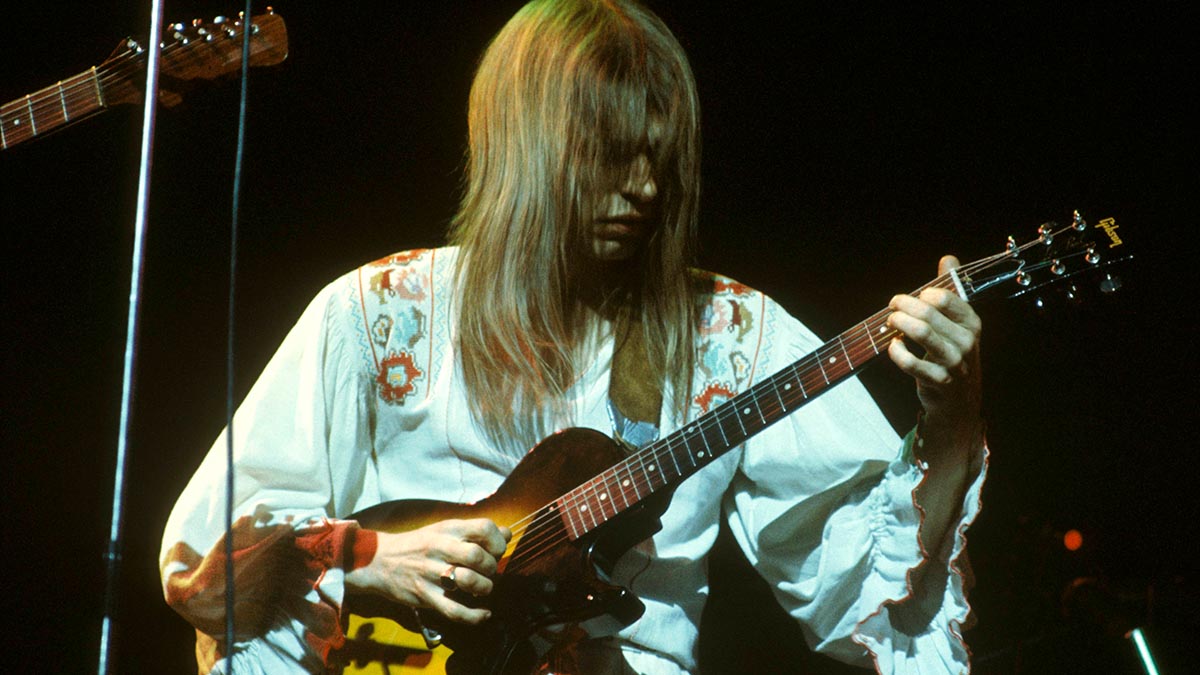
When was the last time you stopped to stare in a guitar shop window and what were you looking at?
“Back in 2018, I was on tour and I got to Cincinnati and I went to Gary’s Guitars, and it’s a house. He’s got rooms in his house that are dedicated to guitars, and so I went in there and said, ‘Have you got any ES-335s?’ So he pulled out a 1959 335 and I just gawped at it – and then I played it. Ah! It had everything and I wondered why I haven’t bought lots of 335s.
“I’ve had a 12-string, I had the stereo… but I didn’t do these enough. So I was yearning, but it was 50k, but I wasn’t going to spend that. I could have got one for $100 in the '70s if I’d been smart enough. But I wasn’t. So, basically, I almost bought the guitar, but the reason I didn’t buy wasn’t only the high price.
“I mean, it’s a big investment. But the other thing was that I didn’t want my 175 to miss out, because I think if I’d have started playing a 335 I’d have been playing it all the time, day after day.”
If forced to make a choice, would you rather buy a really good guitar and a cheap amp or a cheap guitar and a really top-notch amp?
“I don’t even have to think about this one – I’d buy a good guitar. A good guitar will most probably sound good in any amp, but the reverse certainly isn’t true. Without any doubt: top guitar, the amp is less important.”
If you could only use humbuckers or single coils for the rest of your career, which would it be and why?
“You know I’m a bit more of a Gibson guy, but I was actually really upset not to be included in one particular Fender book where they were talking about people who play Strats. Because I played Strats on the Going For the One album. In fact, I used Fenders on Relayer as well. I would probably choose a humbucker… but I would miss single coils.”
What’s your favourite guitar shop?
“My favourite shop is Mansons in Exeter. It’s a nice quiet place, it’s got a separate acoustic room and a separate bass room, they’ve got all the toys, all the guitars and they also do some secondhand [instruments]. That, to me, is a wonderful store, full of wonderful people who really know their stuff.”
- The Quest is available now via InsideOut Music.
With over 30 years’ experience writing for guitar magazines, including at one time occupying the role of editor for Guitarist and Guitar Techniques, David is also the best-selling author of a number of guitar books for Sanctuary Publishing, Music Sales, Mel Bay and Hal Leonard. As a player he has performed with blues sax legend Dick Heckstall-Smith, played rock ’n’ roll in Marty Wilde’s band, duetted with Martin Taylor and taken part in charity gigs backing Gary Moore, Bernie Marsden and Robbie McIntosh, among others. An avid composer of acoustic guitar instrumentals, he has released two acclaimed albums, Nocturnal and Arboretum.
I spent way too long looking through all 372 deals in the Thomann Easter sale – here are the 5 I’d buy
Guitar Center’s massive Guitar-A-Thon sale has landed, and there's $600 off one of my favorite Gibson Les Paul finishes and a host of exclusive models from Epiphone, Taylor, and more
